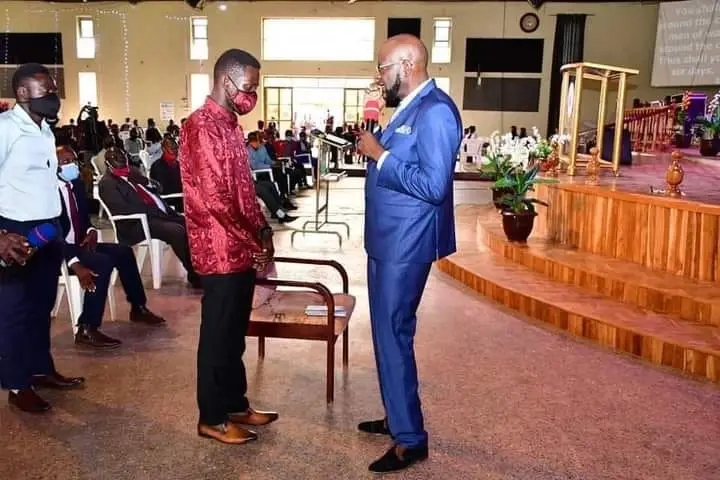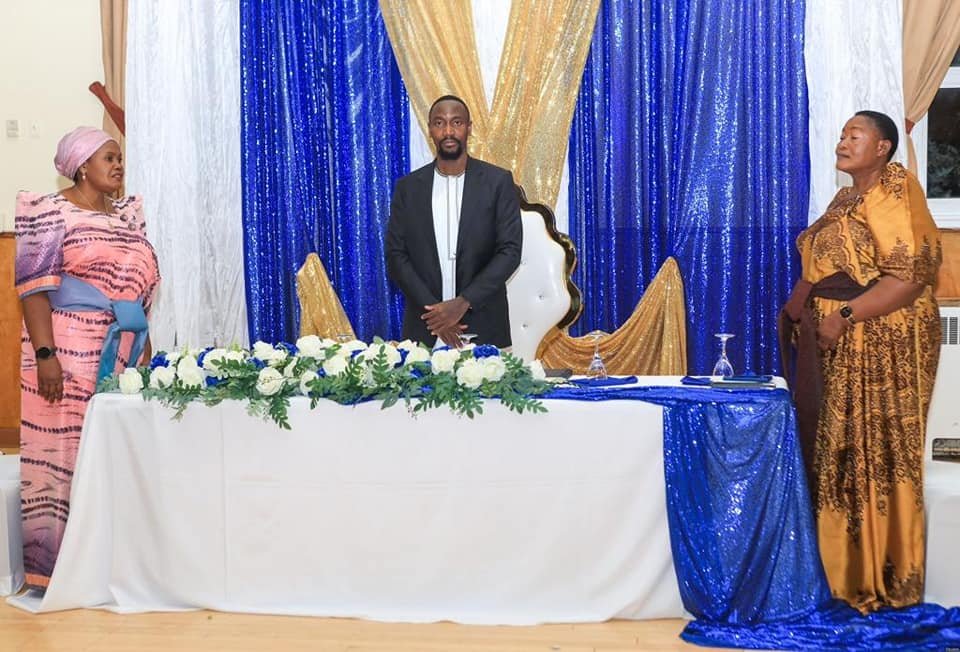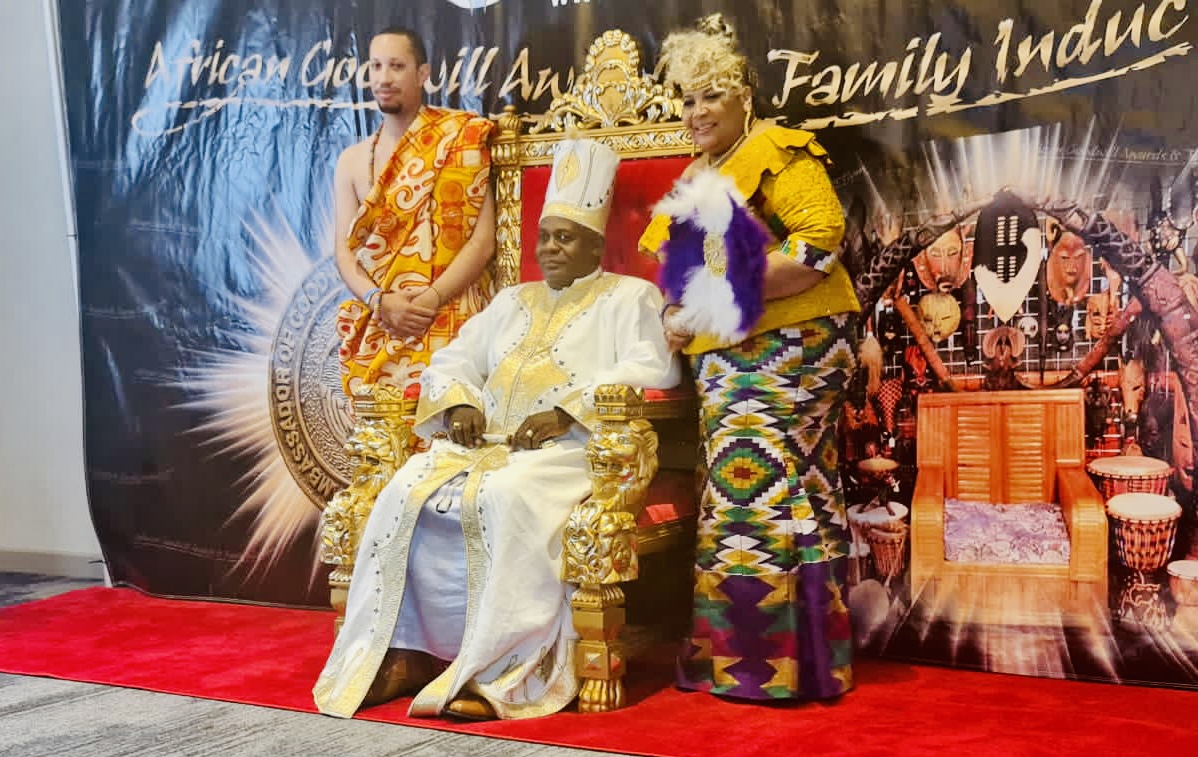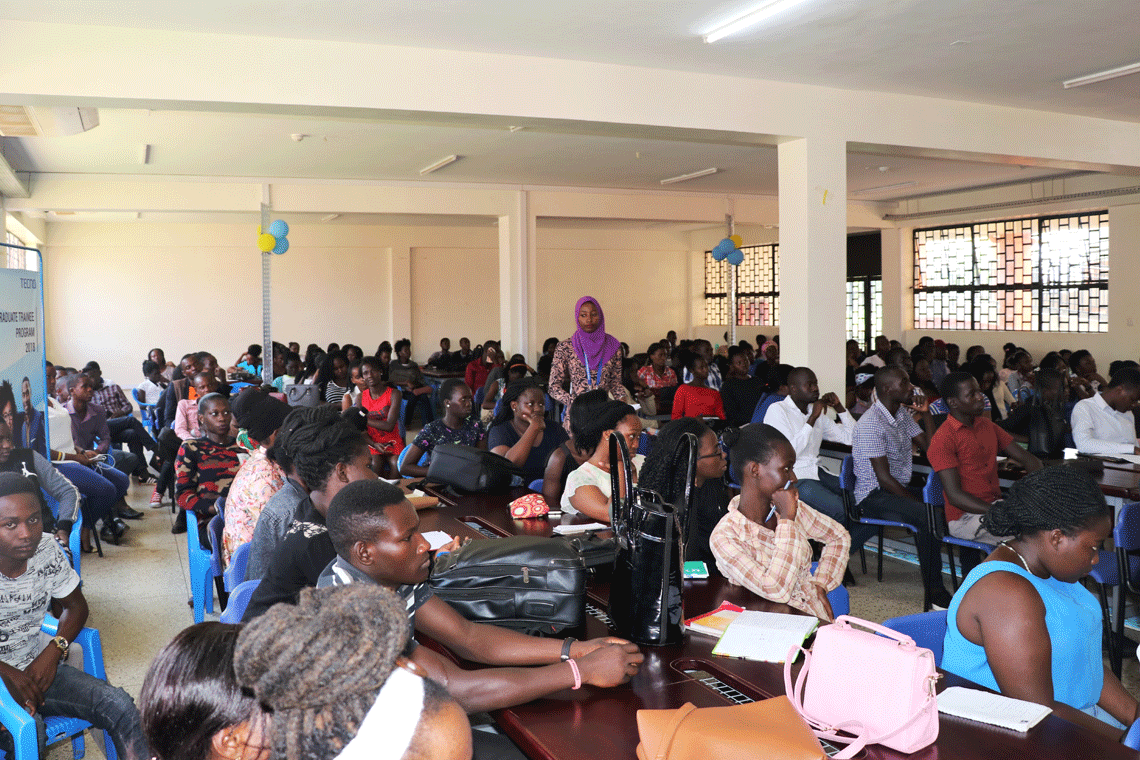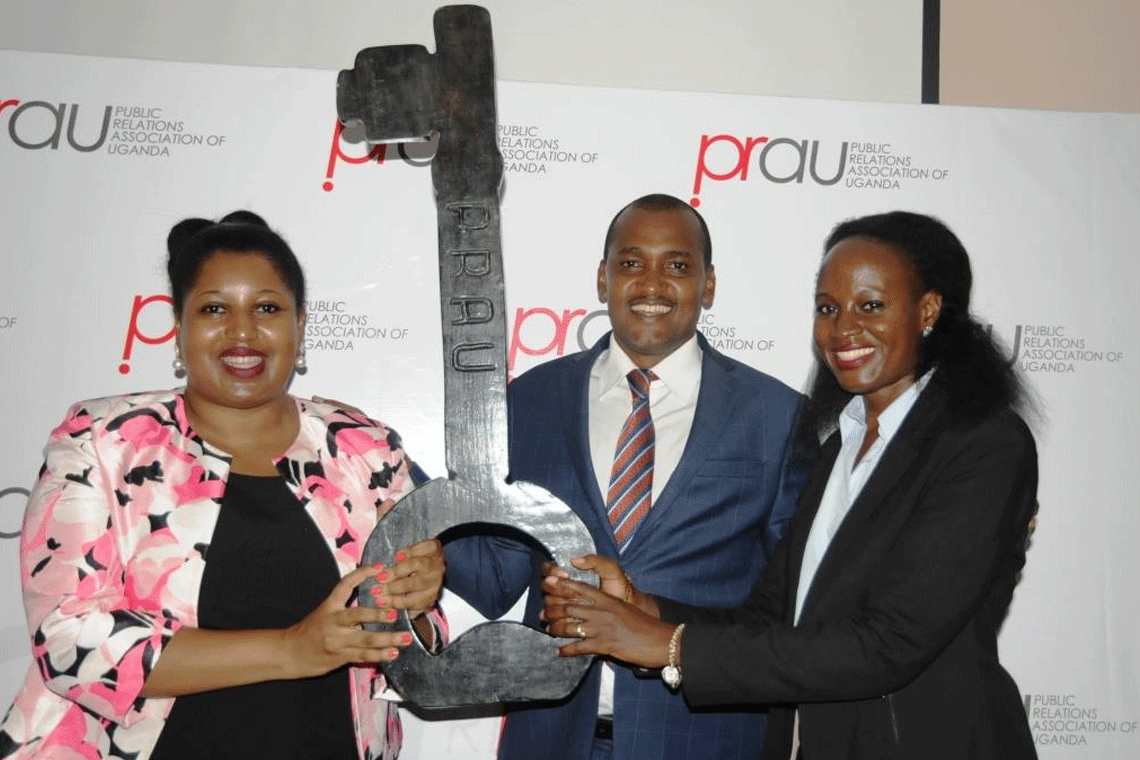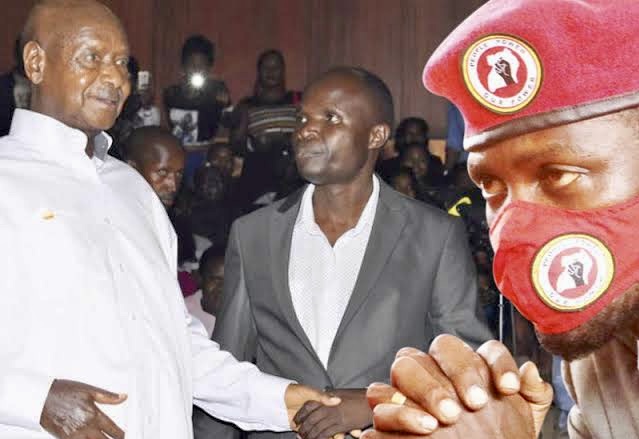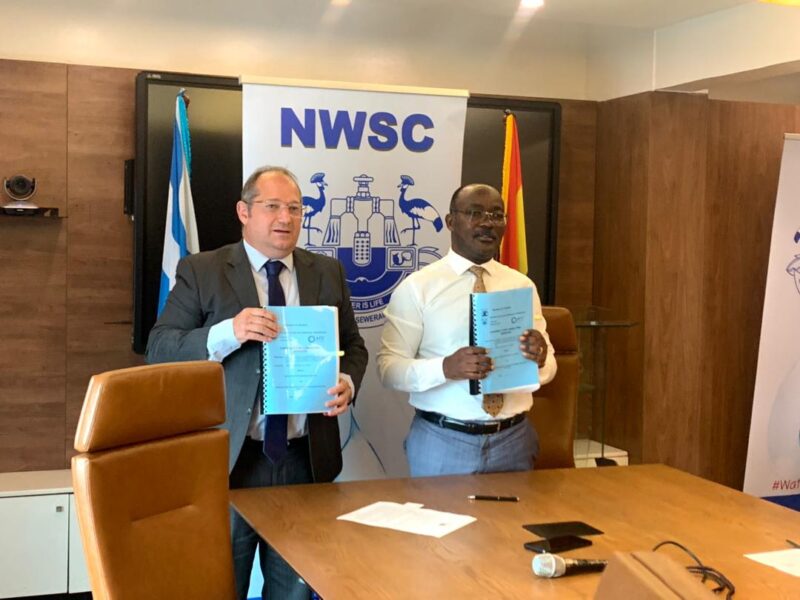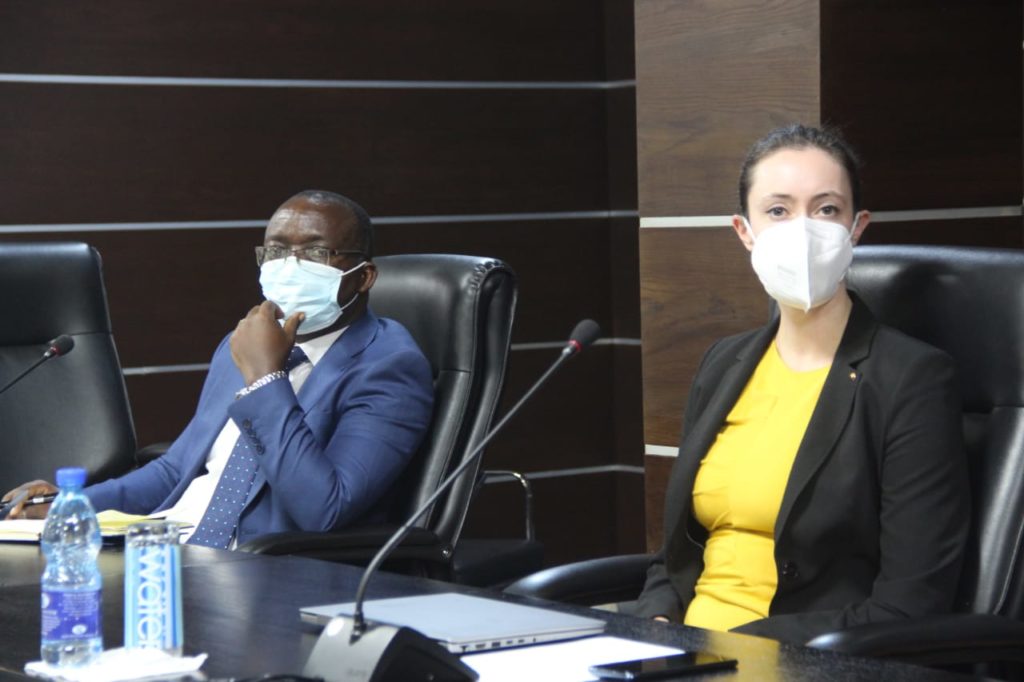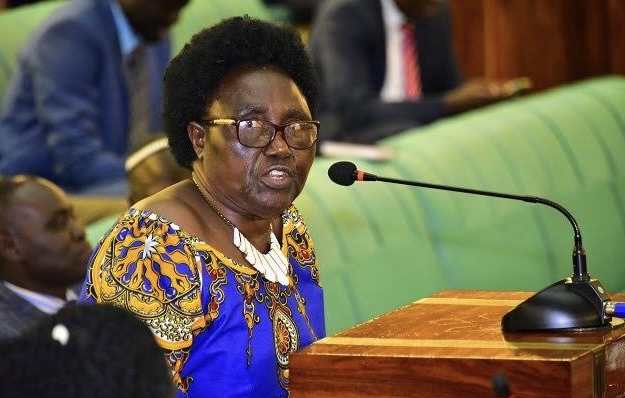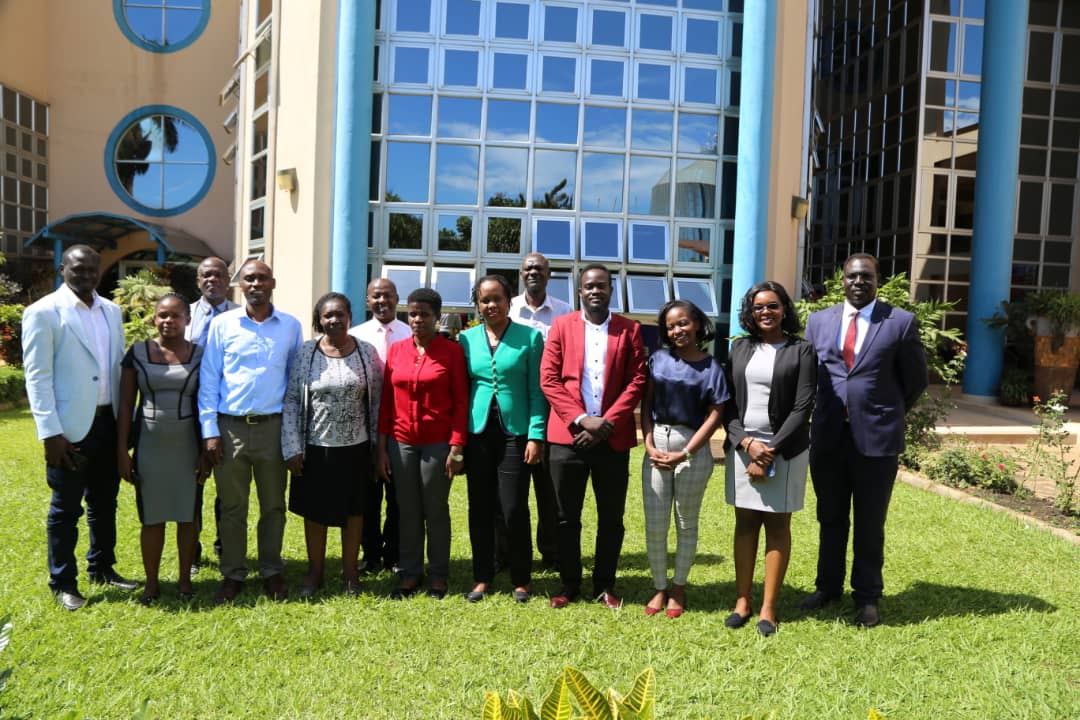By Dr. Joel Isabirye
In recent days, musicians Eddy Kenzo and Bobi Wine have had a verbal exchange, with both arguing about the merits and demerits of cooperating with, or at least, receiving funding from the government. On the one hand, Kenzo, who is leading the latest association in the evolving terrain of musicians’ associations, is pushing for government funding, while Bobi Wine is accusing him and his ilk, of turning into beggars for asking for government support. The purpose of this submission is not to adjudicate on who is right or wrong. Rather, it seeks to explore how divisions have historically dominated, and continue to dominate, the record industry in Uganda.
An Industry Fraught with Divisions
For many years, I have argued that many of the challenges faced by the record industry in Uganda stem from internal divisions between artistes within the industry. Of course, the record industry is based on creative competition. Musicians always want to have a hit record that outperforms others. They will want possessions that highlight their worth in comparison with their peers. In this process, they find it difficult to work together, except when collaborating on songs or performing. The desire to stay on top of things is why we consistently see multiple associations, multiple award shows, etc… as one group or artist attempts to dethrone or dominate the other.
At the time when Gen. Salim Saleh was trying to organize the industry, particularly with the “Great Trek to Gulu,” I wrote about the historic divisions in the record industry that would most likely deflate his efforts. In fact, new associations emerged at this time, as some artistes felt they had either been left out, or that a group had stolen the show from them, or a group of musicians wasn’t big enough to lead them. While Saleh’s focus was on structure of the industry, the very argument Bobi Wine is currently making, some of the other musicians were intent on mobilizing direct transfers to their pockets.
The government is unlikely to go in that direction or may choose to be in the middle with some structural transformation and some money for artistes to use for personal challenges. It’s not a problem, however, when musicians receive grants to ease their financial woes or to produce more work that leads to higher earnings. However, the crucial issues should be restructuring the industry by creating structures to allow musicians to maximize their potential, including funding Savings and Cooperative Credit Organizations (SACCOs); funding training and workshops; funding the construction of common user studios and performance venues etc.
The Copyright Law Debate and the Culpability of Musicians
The Copyright law has existed in Uganda since 1964. The problem with it has always been enforcement. Musicians have always felt that the copyright law was not functional. In 2006, the law was amended to the Copyright and Neighboring Rights Act to also consider other contributors [neighbors] in creative production. Nevertheless, musicians keep pointing out that copyright is ineffective, yet some of the problems with enforcement are caused by the musicians themselves. Over time, there is ample evidence that artistes who are currently vocal about the lack of copyright were in fact known to violate copyright law by allowing agents to distribute songs that ran counter to covenants which they had made with other agents to distribute their music.
This is because it was in their best interest to promote their work and to become more famous, and ultimately to earn more from performing, than to protect the rights of the agents with whom they had mutually agreed to distribute their work. They later turned around and accused these secondary agents (particularly those who used to record CDs and those with online portals), of copyright infringement.
Many Ugandan musicians are also known to wantonly infringe on the copyright of foreign musicians by unauthorized sampling with a current list of at least 100 top charting songs deriving segments from songs released by foreign artistes, without their permission. Given the ubiquity of the internet through which this music is distributed, over time, Uganda should brace itself for a legal showdown between Ugandan and foreign musicians.
James Wasula, the manager of Afrigo Band, fought for many years to make copyright work in Uganda. Being almost a lone voice in this advocacy, he benefited from extensive training from international bodies working in the field of intellectual property rights. When the battle for musicians’ royalties for music played on radio began, James Wasula, then with the Uganda Performing Rights Society (UPRS), pushed for radio stations to pay a minimum fee for the use of musicians’ works. Surprisingly, many musicians protested and made individual agreements with stations not to pay for the music played.
The same musicians, unaware that these measures would affect UPRS’ overall revenue, accused Wasula of not having transferred enough funds to their accounts. Eventually they threw out Wasula [with all his training and experience which they would have benefited from] and Moses Matovu, the chair of UPRS. Now the same musicians have taken to social media to accuse the current UPRS team of paying them small amounts of money without first conducting an audit of the collections made by UPRS or asking UPRS to explain the mechanics of how those amounts previously came about before causing a furore.
Managers and Bureaucrats should take over
In order to organize the industry, the musicians do not have to be at the forefront. It requires specific skills that they don’t have but can acquire with time, which time the industry cannot afford to wait for. The process needs their managers, lawyers, financial advisors, promoters, academics (e.g. those in the performing arts department of Makerere’s film department who have instituted creative business courses) and government bureaucrats (including Members of Parliament).
This group will not initiate things on a tantrum basis and will be committed to performance because they are tasked with fixing the industry not because of their hit record, but because they are trained to do so. These trends are in many countries in which these legal regimes have been successfully implemented. However, a consultative involvement of the artistes in the deliberations is necessary to ensure that their interests are taken into account. We never saw Michael Jackson running around trying to fix ASCAP, BMI or SESAC. His representatives did what was necessary. Otherwise, what we shall continue to see is one group of artistes trying to lead another group of artistes, another group trying to exclude others, resulting in that constant cycle of bickering for many years.

Author Profile
Latest entries
 Crime newsOctober 26, 2023A Silent Boy-Child Killer Exposed: Unveiling Brenda, A Gorgeous City Dove at Whose S3X Network a Formidable Corporate Figure Donny Nearly Collapsed Dead
Crime newsOctober 26, 2023A Silent Boy-Child Killer Exposed: Unveiling Brenda, A Gorgeous City Dove at Whose S3X Network a Formidable Corporate Figure Donny Nearly Collapsed Dead BusinessAugust 13, 2023ROARING MAJESTY: Taking You Around the Wilderness Trenches and Unravelling the Epic Saga of the King of The Jungle and His Fight for Survival
BusinessAugust 13, 2023ROARING MAJESTY: Taking You Around the Wilderness Trenches and Unravelling the Epic Saga of the King of The Jungle and His Fight for Survival BusinessJune 20, 2023Firm Voice: Celebrated Media Consultant Joel Isabirye Weighs in on Kenzo-Bobi Verbal Artilleries; Tells Ug Artistes Will Bicker on Until Cows Return Home
BusinessJune 20, 2023Firm Voice: Celebrated Media Consultant Joel Isabirye Weighs in on Kenzo-Bobi Verbal Artilleries; Tells Ug Artistes Will Bicker on Until Cows Return Home BusinessJune 16, 2023Professor Durraiz Rehman: Globalization has Matured; The Culture of Integrated and Collaborative Team Work is Inevitable
BusinessJune 16, 2023Professor Durraiz Rehman: Globalization has Matured; The Culture of Integrated and Collaborative Team Work is Inevitable




